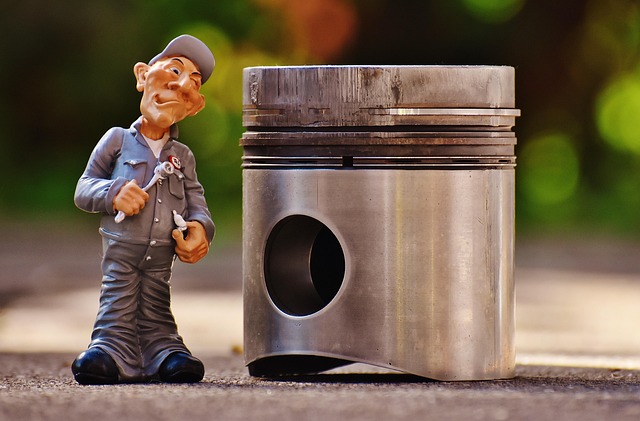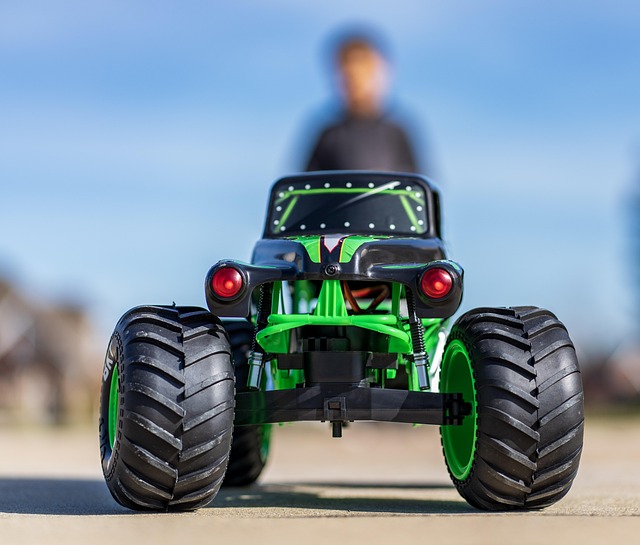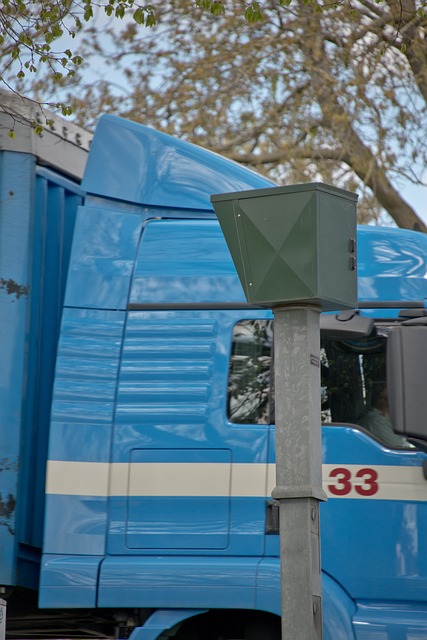Trucking industry professionals, especially owner-operators, need non-trucking liability insurance (NTLI) to mitigate risks outside freight hauling operations. NTLI bridges gaps left by traditional trucking policies, protecting personal assets during non-business use of vehicles. Bobtail insurance offers flexible, cost-effective solutions for owner-operators, enabling them to use their trucks without worrying about liability when not actively hauling cargo. By understanding policy differences and evaluating risk exposure, owner-operators can select tailored NTLI or bobtail coverage for comprehensive protection aligned with diverse operational needs.
In the dynamic world of trucking, understanding non-trucking liability and exploring specialized insurance options is crucial for owner-operators seeking flexibility. This comprehensive guide delves into these unique coverage scenarios, specifically catering to the needs of trucking businesses. From unraveling the intricacies of non-trucking liability to uncovering the benefits of bobtail insurance, we navigate the complex landscape, empowering owner-operators to make informed decisions regarding their trucking insurance.
Understanding Non-Trucking Liability: Coverage for Owner-Operators

For trucking industry professionals, especially owner-operators, understanding non-trucking liability is a vital aspect of managing risks and ensuring adequate protection. Non-trucking liability insurance provides crucial coverage for scenarios where an owner-operator’s vehicle is used for personal or non-business purposes, distinct from their trucking activities. This type of insurance fills the gap left by traditional trucking policies, which often only cover operations related to hauling freight.
Owner-operators may face legal liabilities in various situations, such as when they use their truck for personal errands or to transport family members. Non-trucking liability coverage protects against potential claims and lawsuits arising from accidents or incidents occurring during these non-commercial uses. By availing themselves of this specialized insurance option, owner-operators can safeguard their personal assets and ensure they are financially secure, even when not actively engaged in trucking operations.
Bobtail Insurance: Unlocking Flexibility for Trucking Businesses

Bobtail Insurance offers a flexible solution for trucking businesses, especially owner-operators, looking to navigate the complexities of liability coverage. This specialized policy is designed to provide comprehensive protection when a truck is not engaged in active hauling or towing. By purchasing bobtail insurance, owners can unlock significant advantages, such as reduced costs and expanded operational freedom.
For owner-operators, this means the ability to use their vehicle for personal or other business purposes without worrying about being covered under traditional trucking insurance policies. It provides a tailored approach to risk management, ensuring that businesses are protected while maintaining agility in their operations. This flexibility is particularly valuable for those who require versatile coverage options outside of typical trucking routes or activities.
Key Differences Between Non-Trucking and Traditional Trucking Insurance

Non-trucking liability and bobtail insurance are distinct from traditional trucking insurance, catering to the unique needs of owner-operators who are not actively transporting goods. The key difference lies in their coverage scope and purpose. Traditional trucking insurance is designed for vehicles engaged in commercial hauling, providing comprehensive protection during the actual transportation of cargo. It includes liability coverage for accidents involving other vehicles or property, as well as physical damage to the cargo itself.
In contrast, non-trucking liability and bobtail policies are tailored for owner-operators when their trucks are not in use or while they’re engaged in personal activities. Non-trucking liability insurance offers protection against claims arising from accidents that occur while the truck is parked or during personal trips, providing coverage for both property damage and bodily injury liabilities. Bobtail insurance, a type of non-trucking coverage, specifically protects owner-operators when they are driving their trucks without any cargo, ensuring liability coverage in case of accidents during this period.
Navigating Options: Finding the Right Policy for Your Needs

Navigating the world of trucking insurance, particularly for owner-operators, can feel like a complex labyrinth. With various options and policies available, finding the right coverage that aligns with your specific needs is paramount. The key lies in understanding the nuances of each type of insurance—from non-trucking liability to bobtail coverage—and how they interact.
Trucking insurance owner-operators should consider their operational scope, risk exposure, and financial obligations when selecting a policy. For instance, non-trucking liability insurance provides protection during personal driving or when the truck is parked but still insured, offering peace of mind in unexpected situations. Bobtail insurance, on the other hand, covers the truck while it’s being hauled by another vehicle, minimizing financial risks associated with trucking activities not involving actual transport. By carefully evaluating these options and their implications, owner-operators can make informed decisions, ensuring they are adequately protected without paying for unnecessary coverage.
Understanding non-trucking liability and bobtail insurance options is crucial for owner-operators looking to navigate the complexities of their business. By distinguishing between these coverage types and traditional trucking insurance, you can unlock flexibility and ensure the best protection for your unique needs. Remember that, in today’s competitive landscape, making informed decisions about trucking insurance is essential to safeguard against potential risks and keep your business thriving.
